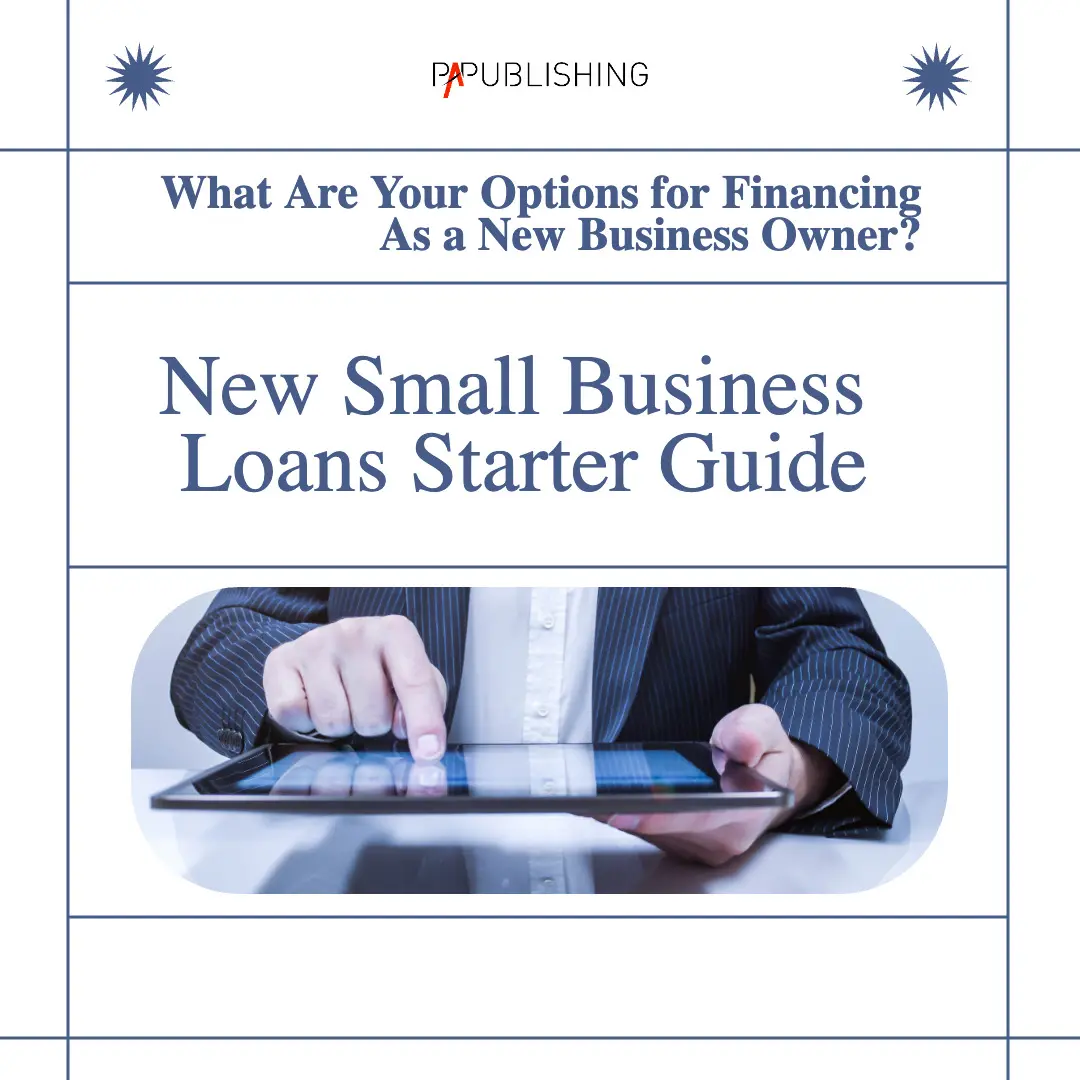Getting the funding you need can be challenging if you’re a small business owner. The majority of banks and other lenders require that borrowers have at least two years in business before they will consider them for a loan. Finding someone willing to lend money without collateral can be tough if your company is just starting out and doesn’t yet have that kind of history or track record.
This article will discuss some options for getting small business loans if:
You don’t qualify for traditional bank loans because your company isn’t old enough or profitable enough yet; or
You do qualify but want an alternative option with better terms than traditional lenders’ offers (such as lower interest rates).
Microloans
Small Business Administration (SBA) microloans. The SBA offers many loan programs, including their SBA 8(a) program and newer Microloan programs. Both of these are designed to help small businesses get started and grow.
Nonprofit organizations like the Women’s Business Development Center or SCORE provide free counseling services for small businesses looking to expand their operations or secure funding for new ventures.
Loan amounts vary depending on the type of business you’re starting up and how much money you need; however, most lenders require borrowers to have at least $5K in assets before they can be approved for an SBA-backed loan.
Personal Finances
As you think about your personal finances, it’s important to consider your credit report. A good credit score will show that you have a history of paying off debt and being responsible with money. You can check your credit score for free at AnnualCreditReport.com, where you can request a copy of your report if there are errors on it.
If you don’t have enough experience or expertise in the field where your business will operate–or if there are other reasons why lenders may be hesitant about lending to you–you may want to consider getting an endorser with those qualities (like an experienced business partner).
New Small Business Loans – Interest Rates
A small business loan can be a great way to get your business off the ground or help you expand. However, there are many different types of loans, each with its pros and cons.
Low-interest rates for established businesses. Small-business owners who have been in business for at least two years may qualify for lower interest rates than those who haven’t been around as long. If this is the case, it might make sense for you to apply for an SBA 7(a) loan instead of going through a private lender like Lending Club or Prosper Marketplace (which offer higher APRs).
Secured loans for bad credit history: Secured personal loans are another option if you’re looking into getting money from someone else but don’t have good enough credit scores yet–they require collateral such as real estate property or vehicles that will be used as security against defaulting on payments
Equipment Loans
Equipment financial loans are available to businesses that need to purchase equipment or machinery. These loans can be used for a variety of purposes, including:
Purchasing new machinery and equipment for your business
Upgrading existing equipment with the latest technology
Replacing outdated equipment with newer, more efficient, cost-effective models.
The repayment terms will vary depending on the lender’s requirements, but most lenders require borrowers to make monthly payments over a period of five years or less. If you default on your loan payments (which means you don’t pay what you owe), then your lender may seize any assets that were used as collateral against your loan–including any items purchased using funds from this type of financing!
Personal Loans
If you’re considering a personal loan to help fund your small business, there are some things to remember.
First, if the business fails and you can’t repay the loan, it could ruin your credit score.
Second, suppose your company does succeed and becomes profitable enough for its owners to take out loans themselves without needing outside financing from banks or other lenders (such as friends). In that case, those owners may not want their personal finances entangled with those of their companies.
Thirdly–and this is very important–if someone else owns part of your company through equity stakes or stock options (which they might), they’ll likely want any outside financing agreements made between them and other parties kept separate from anything involving their own money.
Online Lenders for Small Business Loans
Online lenders are an excellent option for small businesses that need working capital. The approval rate is high; you can get funding in as little as 48 hours. Options include vendor programs, equipment leasing and financing, working capital loans, and more.
There are many options for small business loans. Researching and planning before applying for one of these loans is essential, as they can be quite complicated. If you’re looking for a new way to grow your business, take some time to explore the different types of financing available and decide which one will work best for you!




